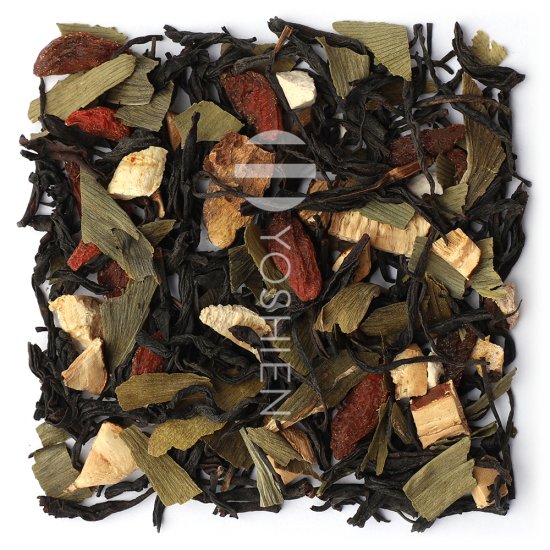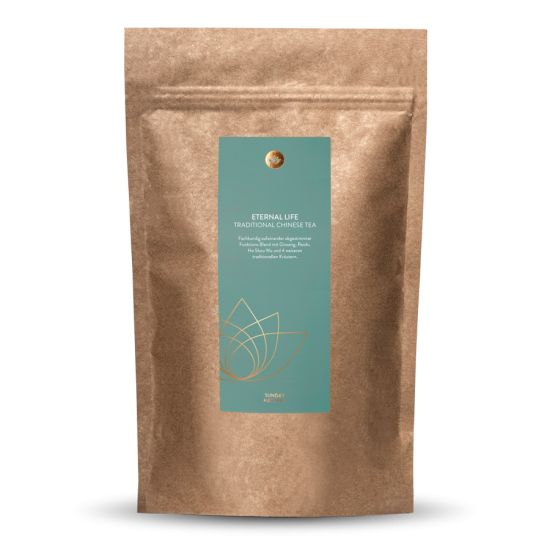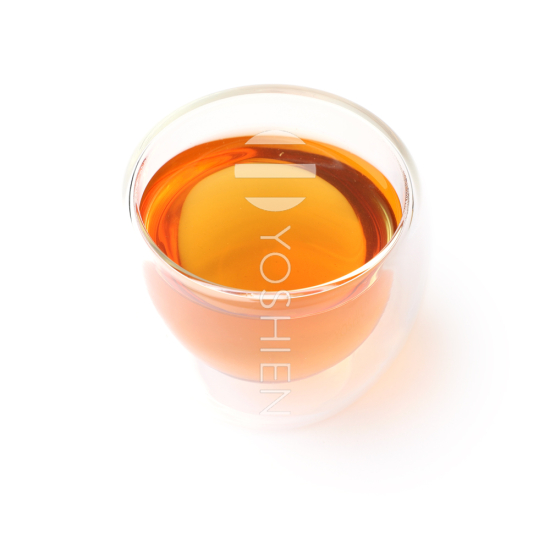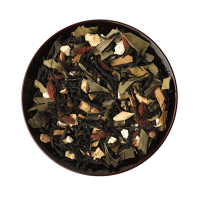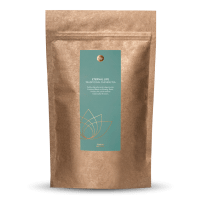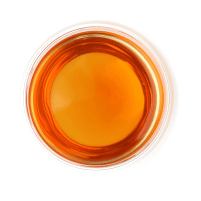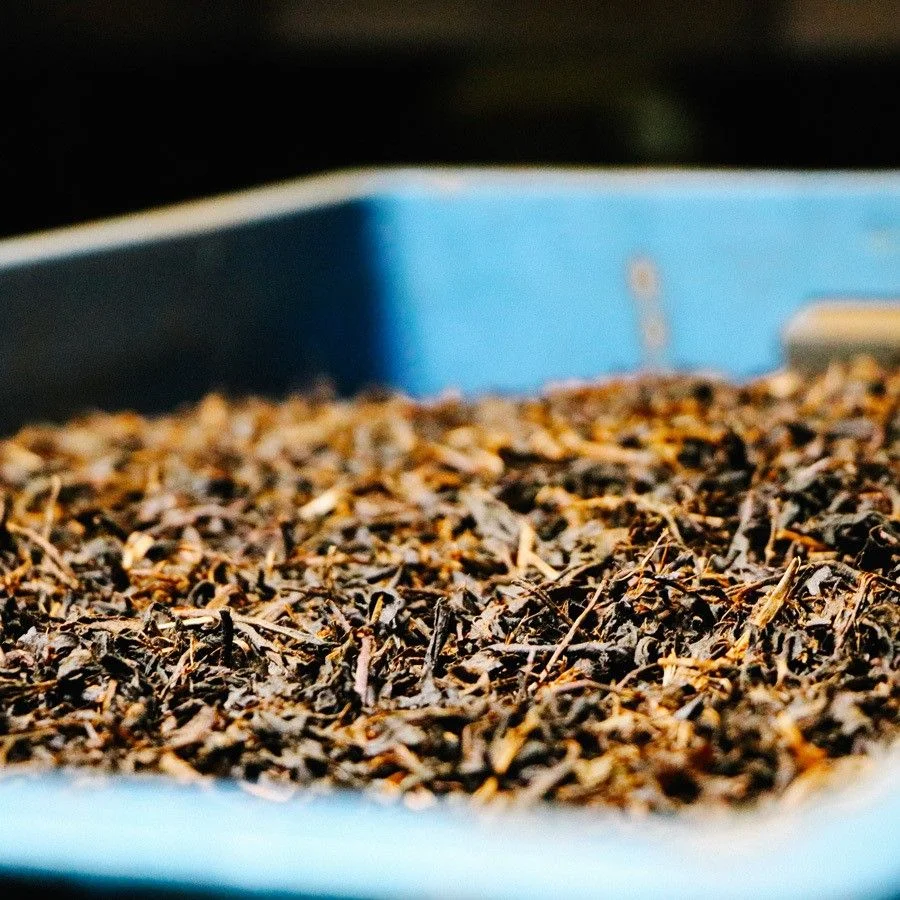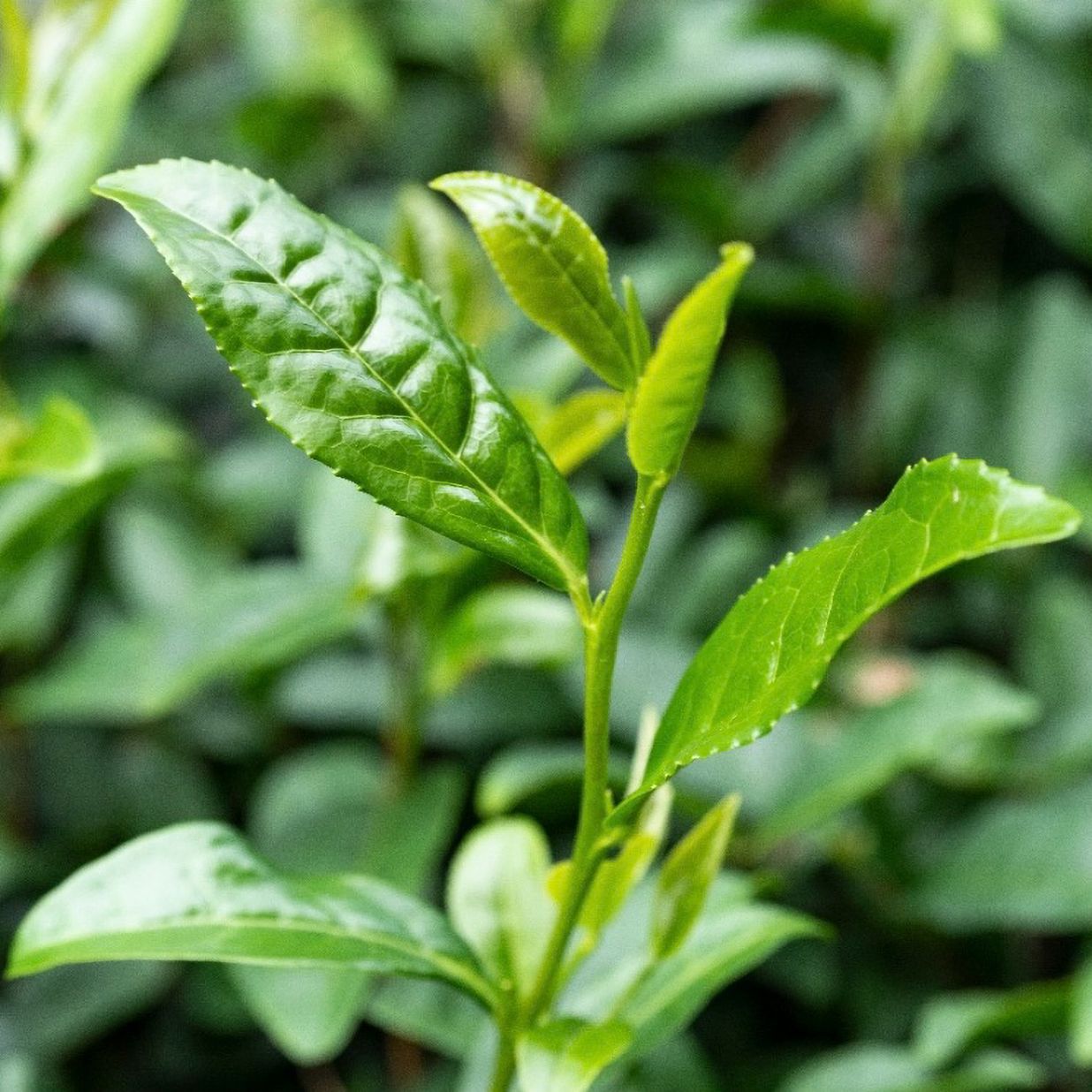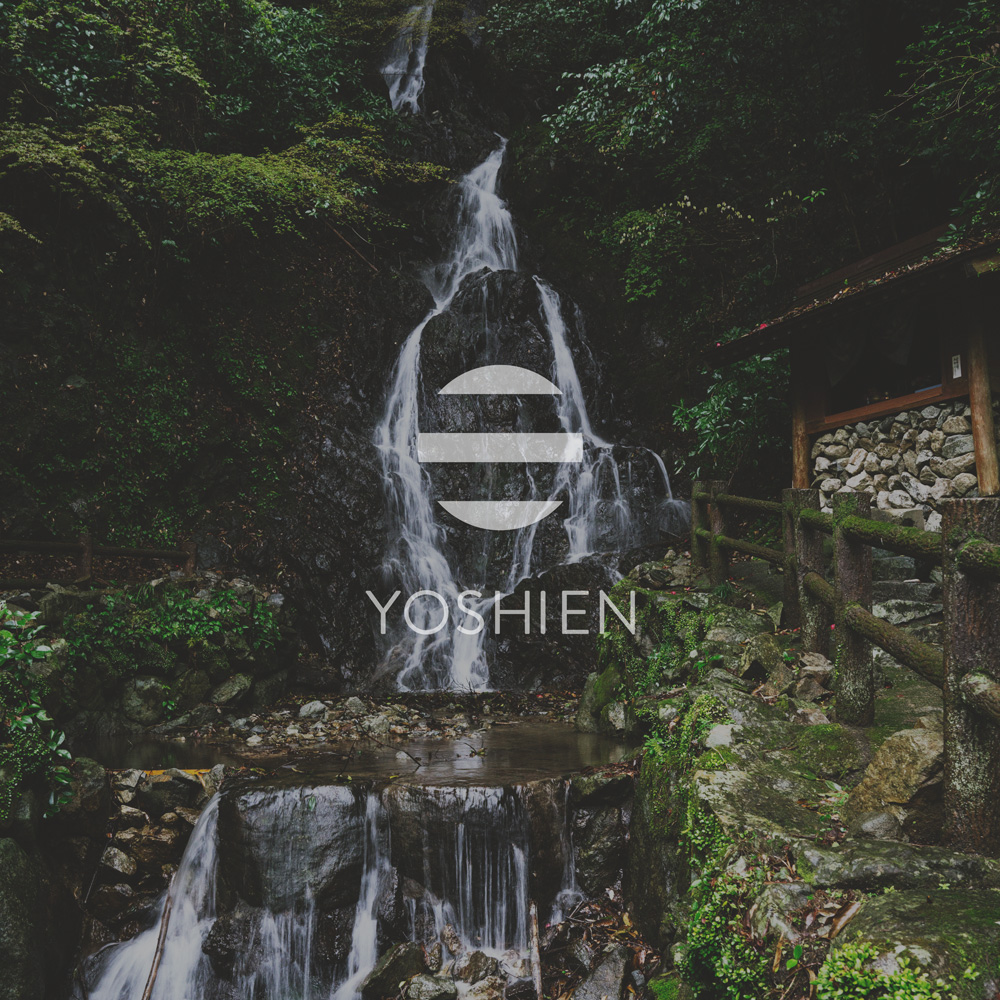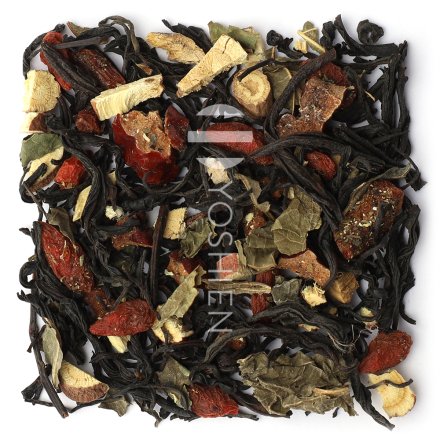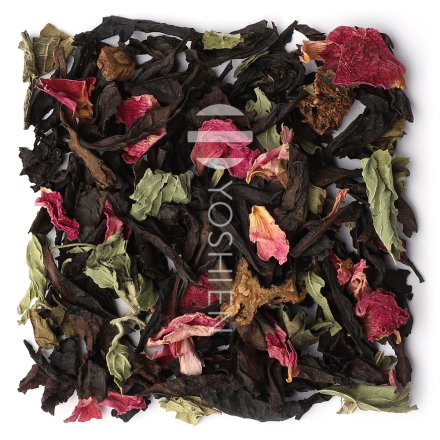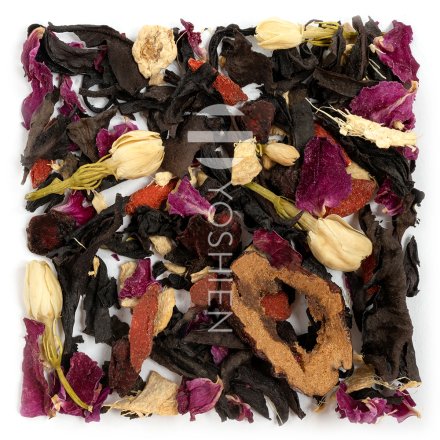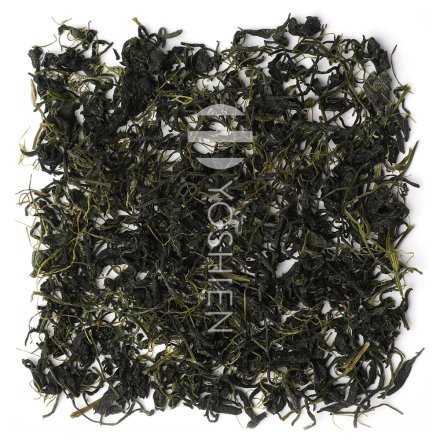Ginseng
Red ginseng or Panax ginseng (人蔘) originates from Northeast China and Korea, where the plant's roots have been used for centuries. The mature roots contain a particularly large number of saponins, specifically ginsenosides, and in traditional Chinese medicine are considered a tonic, which is why they are often referred to as a "power root". Due to the global popularity of genuine Panax ginseng, it is almost extinct in the wild and primarily exists as a cultivated plant. After harvesting, the roots of Panax are treated with steam to preserve the valuable ingredients. In the process, the root turns red and becomes more resistant, and other active substances are produced, such as maltol.
Reishi
The Ganoderma lucidum mushroom, also known as reishi, typically grows on old, decaying tree trunks of deciduous trees, such as oaks and birches. Its semicircular, almost heart-shaped cap is usually very shiny, giving it a lacquered appearance. Reishi is cultivated today in China, as the demand far exceeds the wild supply. According to traditions and early records, reishi has been used in various cultures for about 4,000 years. In the 2,000 year old book on Chinese herbalism: Shennong Ben Cao Jing, reishi is counted among the highest class of "God's herbs".
He Shou Wu
Fallopia multiflora (He Shou Wu) is a species of flowering plant from the buckwheat family native to China. It can climb up to 4.5m in height. It is firmly anchored in Chinese herbalism and is also becoming increasingly important in the West.
Ginkgo
The Chinese Ginkgo biloba tree is considered a sacred tree in its native East Asia and, like the olive tree, is one of the oldest and most resilient trees on earth. The oldest specimens are typically found in Japan and China in temples and pilgrimage sites, where they are revered as a symbol of longevity, love, fertility and hope, reaching a considerable growth height of up to 40m. Ginkgo leaves have also traditionally been used in China to protect books from pests, while the nuts have been used in Chinese traditional medicine. The leaves of the ginkgo tree contain valuable terpenes such as ginkgolides and bilobalide as well as flavone glycosides.
Goji Berries
Lycium barbarum (枸杞) or the common boxthorn, bears the fruit of the goji berry. Its homeland is believed to be somewhere between Southeast Europe and China. Cultivation began in China more than 3,000 years ago, and the berry can be found in the "Classic Book of Chinese Herbs" from this time. The goji berry itself is a true all-rounder and has quickly joined the ranks of superfoods.
Poria Cocos
Poria cocos (Wolfiporia cocos, 茯苓) is a fungus that grows in the soil under pine trees. It is found in eastern China, but also in Australia and the USA. This peculiar fungus, whose mycelium is reminiscent of a coconut, has been mentioned in Chinese herbal books for thousands of years for its strengthening properties. The famous mummy, Ötzi, carried a few specimens of this mushroom with him almost 6,000 years ago.



